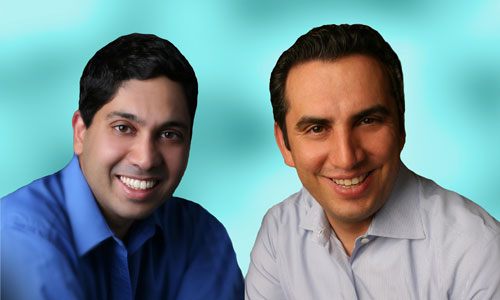Sinus treatments focus on reducing nose and sinus inflammation and keeping the drainage pathways open and functioning properly.
Medical management of sinusitis includes prescription medications as well as over-the-counter medications to relieve sinusitis symptoms. Medications commonly recommended include decongestant nasal sprays, decongestants, nasal antihistamines, nasal corticosteroids, nasal irrigation, oral antibiotics, and oral antihistamines.
For patients who don’t respond to medication, and who suffer from chronic and recurrent acute sinusitis, there are other treatment options available to alleviate their symptoms. Depending on the cause of your sinusitis, your sinus doctor may recommend one of several procedures, including balloon sinuplasty, a septoplasty, a turbinate reduction, or polyp removal, to help relieve your sinusitis symptoms and help you breathe better through your nose.










